CONTINUED CONFLICTS WITH JAPAN
입력 2019.07.08 (15:02)
수정 2019.07.08 (16:46)
읽어주기 기능은 크롬기반의
브라우저에서만 사용하실 수 있습니다.
[Anchor Lead]
In addition to the wartime sexual slavery and forced labor issues, Japanese Prime Minister Shinzo Abe blamed South Korea's relations with North Korea, for placing the recent export restrictions on the nation. He suddenly claimed that South Korea was not properly following international sanctions on North Korea. Here is a look at why the Japanese prime minister made such accusation.
[Pkg]
The Japanese government presented two reasons for placing export restrictions onSouth Korea. A Korean court decision that ruled Tokyo must compensate forced labor victims during wartime had broken the trust between the two countries and improprieties had occurred in Seoul's export management. Prime Minister Shinzo Abe belatedly explained what those improprieties were. According to the PM, given the way South Korea handled the forced labor issue, it is clear the country does not honor international promises, which leads to the conclusion that Seoul likely does not follow sanctions or manage its trade with Pyongyang properly. Previously, Koichi Hagiuda, a Liberal Democratic Party official and a close associate of Abe, pointed out there was a case in which the destination of the chemicals exported to Korea was unknown. He claimed that a South Korean company placed a bulk order for materials used in poison gas and chemical weapons with the final destination being North Korea. For security reasons, Japan is reviewing a way to take South Korea off the "whitelist", starting next month. Countries on the white list are exempted from filing export applications. However, Tokyo failed to provide the name of the South Korean firm suspected of illegal exports and detailed shipping routes of the said materials. It appears that Japan is mentioning North Korean ties in its attempt to sabotage Seoul's credibility and pressure the South Korean leadership to change its stance. Japan's latest move may be aimed at easing the criticisms of the export curbs from its own corporate leaders and the local press as well as fragmenting the strong anti-Japanese public opinion in Korea. Abe and the LDP have adopted the export control issue as a campaign agenda for the parliamentary election slated for July 21st. The conservative forces in Japan are expected to engage in a reckless publicity war to incite people's anxiety over national security.
In addition to the wartime sexual slavery and forced labor issues, Japanese Prime Minister Shinzo Abe blamed South Korea's relations with North Korea, for placing the recent export restrictions on the nation. He suddenly claimed that South Korea was not properly following international sanctions on North Korea. Here is a look at why the Japanese prime minister made such accusation.
[Pkg]
The Japanese government presented two reasons for placing export restrictions onSouth Korea. A Korean court decision that ruled Tokyo must compensate forced labor victims during wartime had broken the trust between the two countries and improprieties had occurred in Seoul's export management. Prime Minister Shinzo Abe belatedly explained what those improprieties were. According to the PM, given the way South Korea handled the forced labor issue, it is clear the country does not honor international promises, which leads to the conclusion that Seoul likely does not follow sanctions or manage its trade with Pyongyang properly. Previously, Koichi Hagiuda, a Liberal Democratic Party official and a close associate of Abe, pointed out there was a case in which the destination of the chemicals exported to Korea was unknown. He claimed that a South Korean company placed a bulk order for materials used in poison gas and chemical weapons with the final destination being North Korea. For security reasons, Japan is reviewing a way to take South Korea off the "whitelist", starting next month. Countries on the white list are exempted from filing export applications. However, Tokyo failed to provide the name of the South Korean firm suspected of illegal exports and detailed shipping routes of the said materials. It appears that Japan is mentioning North Korean ties in its attempt to sabotage Seoul's credibility and pressure the South Korean leadership to change its stance. Japan's latest move may be aimed at easing the criticisms of the export curbs from its own corporate leaders and the local press as well as fragmenting the strong anti-Japanese public opinion in Korea. Abe and the LDP have adopted the export control issue as a campaign agenda for the parliamentary election slated for July 21st. The conservative forces in Japan are expected to engage in a reckless publicity war to incite people's anxiety over national security.
■ 제보하기
▷ 카카오톡 : 'KBS제보' 검색, 채널 추가
▷ 전화 : 02-781-1234, 4444
▷ 이메일 : kbs1234@kbs.co.kr
▷ 유튜브, 네이버, 카카오에서도 KBS뉴스를 구독해주세요!
- CONTINUED CONFLICTS WITH JAPAN
-
- 입력 2019-07-08 15:05:11
- 수정2019-07-08 16:46:30
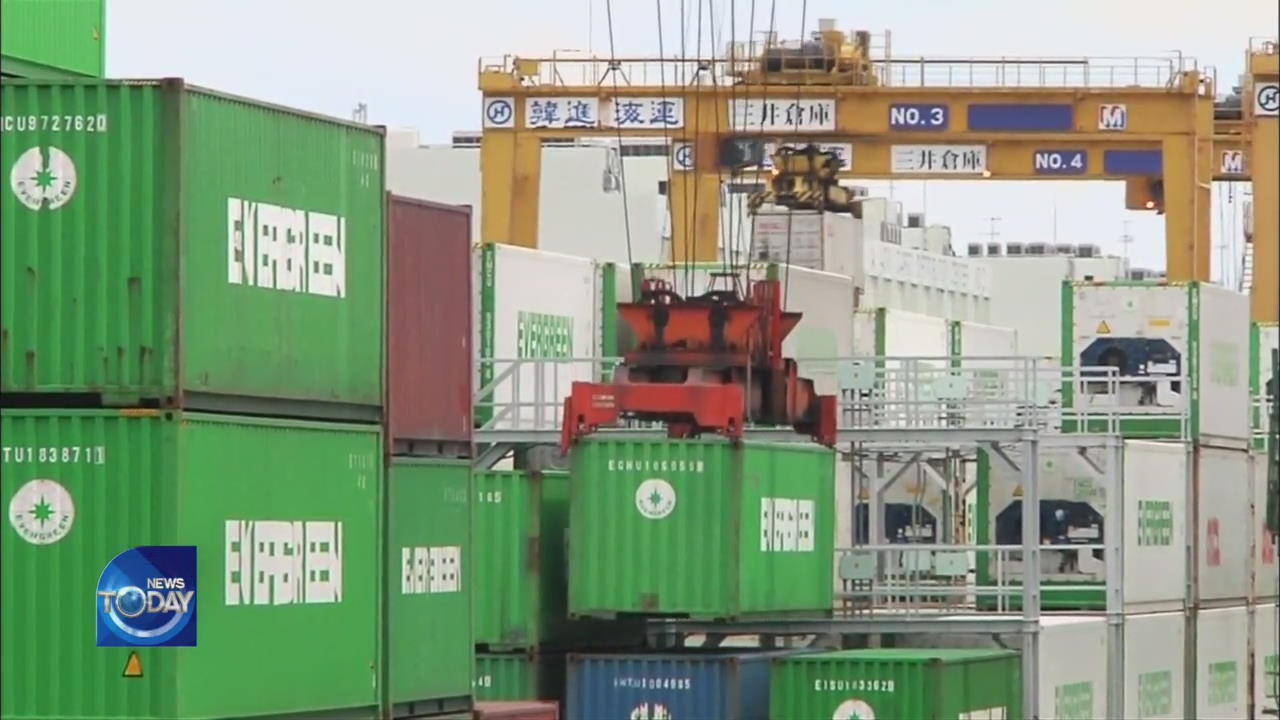
[Anchor Lead]
In addition to the wartime sexual slavery and forced labor issues, Japanese Prime Minister Shinzo Abe blamed South Korea's relations with North Korea, for placing the recent export restrictions on the nation. He suddenly claimed that South Korea was not properly following international sanctions on North Korea. Here is a look at why the Japanese prime minister made such accusation.
[Pkg]
The Japanese government presented two reasons for placing export restrictions onSouth Korea. A Korean court decision that ruled Tokyo must compensate forced labor victims during wartime had broken the trust between the two countries and improprieties had occurred in Seoul's export management. Prime Minister Shinzo Abe belatedly explained what those improprieties were. According to the PM, given the way South Korea handled the forced labor issue, it is clear the country does not honor international promises, which leads to the conclusion that Seoul likely does not follow sanctions or manage its trade with Pyongyang properly. Previously, Koichi Hagiuda, a Liberal Democratic Party official and a close associate of Abe, pointed out there was a case in which the destination of the chemicals exported to Korea was unknown. He claimed that a South Korean company placed a bulk order for materials used in poison gas and chemical weapons with the final destination being North Korea. For security reasons, Japan is reviewing a way to take South Korea off the "whitelist", starting next month. Countries on the white list are exempted from filing export applications. However, Tokyo failed to provide the name of the South Korean firm suspected of illegal exports and detailed shipping routes of the said materials. It appears that Japan is mentioning North Korean ties in its attempt to sabotage Seoul's credibility and pressure the South Korean leadership to change its stance. Japan's latest move may be aimed at easing the criticisms of the export curbs from its own corporate leaders and the local press as well as fragmenting the strong anti-Japanese public opinion in Korea. Abe and the LDP have adopted the export control issue as a campaign agenda for the parliamentary election slated for July 21st. The conservative forces in Japan are expected to engage in a reckless publicity war to incite people's anxiety over national security.
In addition to the wartime sexual slavery and forced labor issues, Japanese Prime Minister Shinzo Abe blamed South Korea's relations with North Korea, for placing the recent export restrictions on the nation. He suddenly claimed that South Korea was not properly following international sanctions on North Korea. Here is a look at why the Japanese prime minister made such accusation.
[Pkg]
The Japanese government presented two reasons for placing export restrictions onSouth Korea. A Korean court decision that ruled Tokyo must compensate forced labor victims during wartime had broken the trust between the two countries and improprieties had occurred in Seoul's export management. Prime Minister Shinzo Abe belatedly explained what those improprieties were. According to the PM, given the way South Korea handled the forced labor issue, it is clear the country does not honor international promises, which leads to the conclusion that Seoul likely does not follow sanctions or manage its trade with Pyongyang properly. Previously, Koichi Hagiuda, a Liberal Democratic Party official and a close associate of Abe, pointed out there was a case in which the destination of the chemicals exported to Korea was unknown. He claimed that a South Korean company placed a bulk order for materials used in poison gas and chemical weapons with the final destination being North Korea. For security reasons, Japan is reviewing a way to take South Korea off the "whitelist", starting next month. Countries on the white list are exempted from filing export applications. However, Tokyo failed to provide the name of the South Korean firm suspected of illegal exports and detailed shipping routes of the said materials. It appears that Japan is mentioning North Korean ties in its attempt to sabotage Seoul's credibility and pressure the South Korean leadership to change its stance. Japan's latest move may be aimed at easing the criticisms of the export curbs from its own corporate leaders and the local press as well as fragmenting the strong anti-Japanese public opinion in Korea. Abe and the LDP have adopted the export control issue as a campaign agenda for the parliamentary election slated for July 21st. The conservative forces in Japan are expected to engage in a reckless publicity war to incite people's anxiety over national security.
이 기사가 좋으셨다면
-
좋아요
0
-
응원해요
0
-
후속 원해요
0










![[HEADLINE]](https://news.kbs.co.kr/data/news/2019/07/08/4237553_10.jpg)
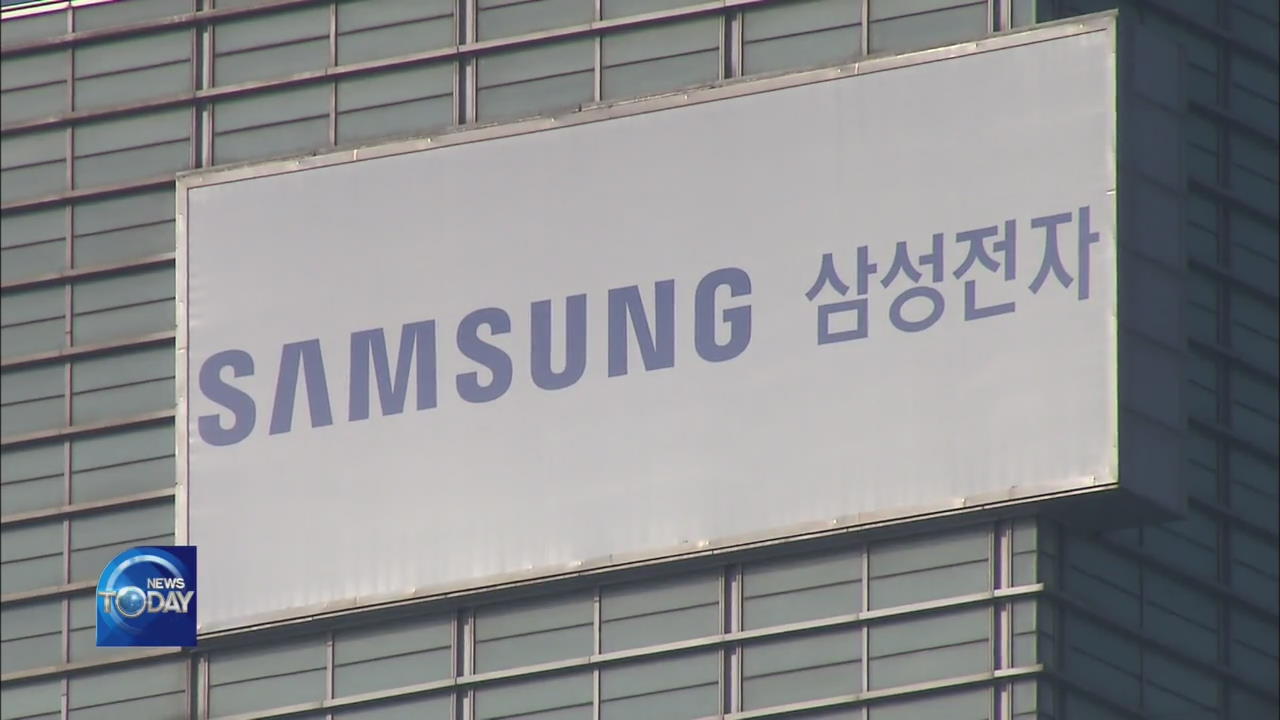
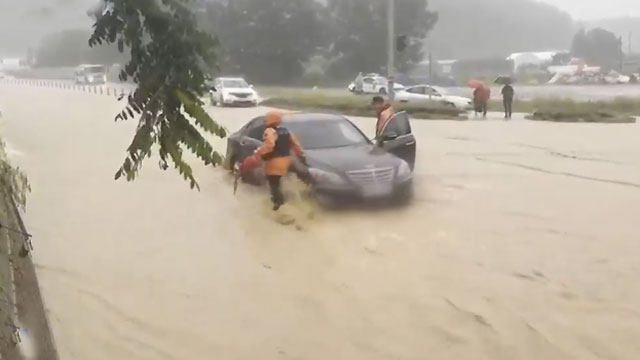
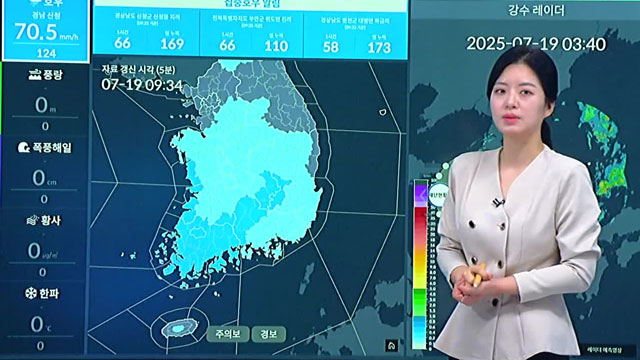
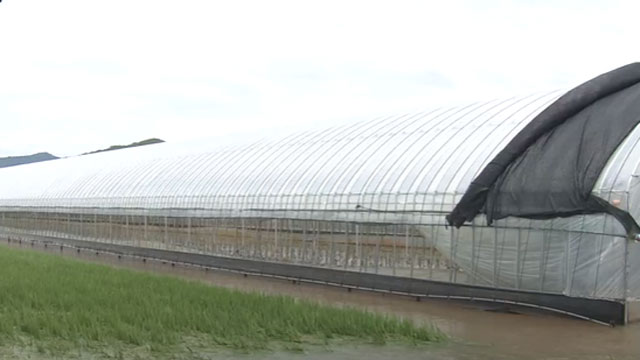
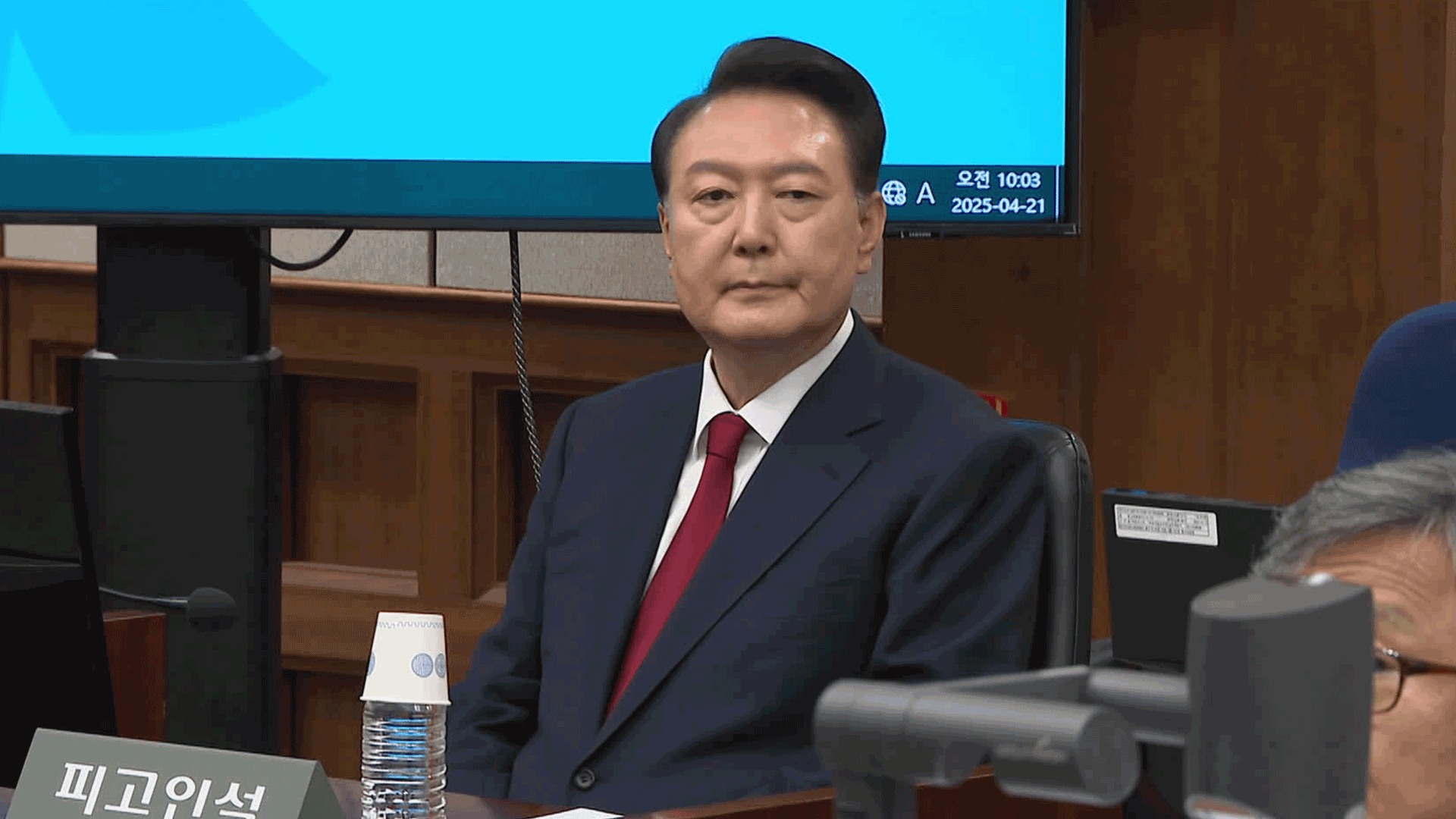

이 기사에 대한 의견을 남겨주세요.